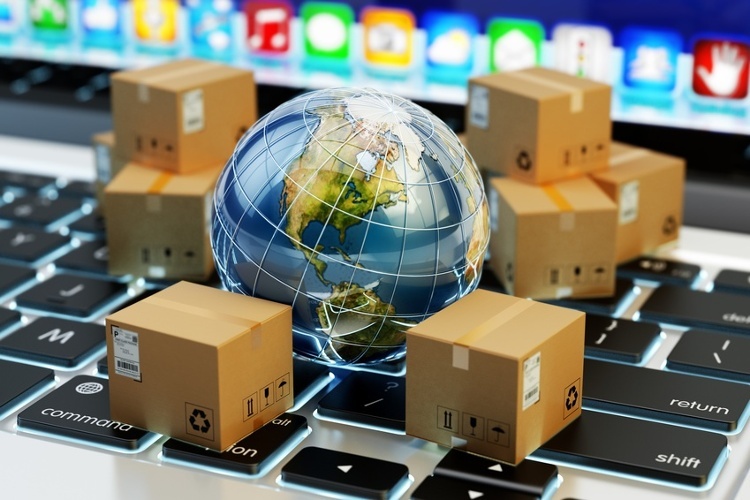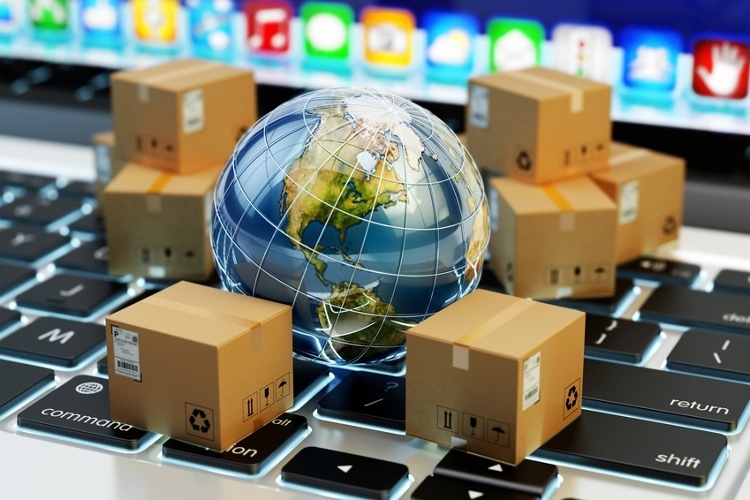
As a result of globalization, a supply chain manager should always be aware of the different trends that are re-defining logistics worldwide. Here are some topics that we consider relevant.
Collaboration
Reducing costs remains a priority for executives. This is forcing companies to seek new forms of collaboration to address common challenges. According to this, UPS Compass points out that "companies are willing to use collaborative distribution, reverse logistics and cooperative sources to reduce costs, improve efficiency and optimize their supply chains."
Automation
In the United States and Europe, companies are already beginning to use drones and autonomous vehicles to support their supply chains. Perhaps, this is still far from the reality of your local market, but there are also several software, applications and solutions that serve to control, improve and automate logistics management.
Logistic Viewpoints explains that "Practitioners have invested heavily in goods-to-person automation to effectively and efficiently meet the requirement of e-commerce fulfillment. Shuttle systems are continually maturing, becoming more agile, and increasingly being adopted. " The market for warehouse technology, including warehouse management systems and warehouse automation and control, has been experiencing robust growth driven by changing fulfillment requirements resulting the proliferation of e-commerce around the world.
In addition, robots with autonomous mobility are being used - in a restricted way - to support these processes. "Until recently, Kiva Systems were the leading supplier of robots with autonomous mobility for the automation of the channel of goods to people, in the field of e-commerce. The market saw a disruption when Amazon bought Kiva for its internal operations and then stopped deliveries to its outside consumers. Since then, a large number of automation companies have have developed autonomous mobility systems to meet the requirements of these processes. "
Logistics omni-channel
This is basically a response to the current consumption habits, that are challenging logistics to create new solutions to meet smart deliveries. It is important that companies take big steps and not be left behind. "Retailers are not investing in necessary technology to align their omni-channel vision. Secondly, retailers are struggling to align what’s best for their business with customer expectations. This is due mainly to a lack of integration of business processes and technologies. Legacy technology is a main component of this problem. And third, as e-commerce continues to grow, retailers are struggling to find their optimal last mile solution." says Logistic Viewpoints.
Service Chains
Nowadays companies are leaving behind the old concepts of product manufactures and are becoming more like service providers of experiences. This is good if we consider that delivering experiences is a much more effective way to create a permanent bond of loyalty with your customers. But it also poses a new challenge for logistics managers: to successfully create and maintain a service chain directly with consumers. According to a 24/7 supply chain forecast, this is one of the most important trends - and also a challenge - for supply chain executives. Delighting consumers does not end when the product is delivered into their hands. That is just another step inside the chain, which is currently a crucial element of the customer experience.
Are you already experiencing these trends? I would love to know your opinion.
Do you want to reduce up to 30% on your transportation costs and increase customer service, by optimizing your routes

.jpg)
.jpg)
